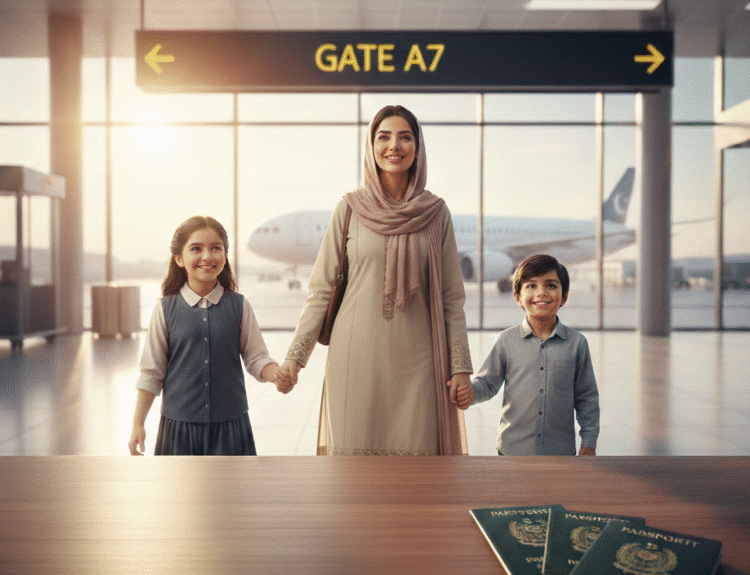
Why do we fear certain things? How do we learn to get afraid of something? Are fearspart of our instincts or in ourgenes? Do these fears affect the way we think, feel or act? How can we create a fearless future for our children?Is fear more than just the feeling of being afraid?
Cognitive approach in psychology wraps up such phenomena scientifically as fear is defined as the mind and body’s natural response to something that seems dangerous. Let’s dive deeper into how fear affects personality.
A famous behaviorist Pavlov presented a model of Classical conditioning. This model describes how fear is learned through association. A child who is bitten by a dog may develop a fear of all the dogs. A study done by Watson on an infant named Little Albert. He explained that fear could be conditioned in infants when previously un- harmful stimulus is paired with one that arouses fear or avoidance.
Initially, a white mouse was presented to the infant .He didn’t fear the mouse at first sight. Then, the mouse was presented alongside a loud noise .This time, Albert became afraid .This process was repeated and every time the mouse appeared with the loud noise. After several repetitions, the Albert began to fear the mouse without hearing the dreadful sound. The more remarkable finding was that Little Albert became afraid of similar furry objects, such as a rabbit.
This generalization caused him to fear objects that resembled the original stimulus, even though they were not the same. The study shows that early or childhood fear may turn into phobias or anxiety in later life.
Another psychologist B.F.Skinner formulated the idea of Operant conditioning. Fears are learned through the punishment and reward. The behavior of fear that is rewarded will strengthen the behavior. For example a child fears quiz and pretends to be sick to avoid school. Theparents allow him to stay at home. Therelief from the fear of quiz is the reward here. His personality may become passive, anxious, avoidant or socially withdrawn.
In addition to it if the child expresses his fears or anxieties, hisparents may scold him and call him weak .The boy learned that showing fear will be punished. So, he may become inexpressive, emotionally unavailable and a cold personality adult. The research highlights the importance of parenting style. It shows the way parents response to child will shape his fears and personality. Albert Bandura’s Social learning experiment provides another dimension of fear learning. We often see child imitates the acts of surrounding people as a model. The more powerful bond between child and model the more impactful his behavior is on child.
For example, if a mother is afraid of lizard, thechild observes his mother’s behavior towards lizard. Next time he will show the same behavior towards the lizard. The personality developed will include fears learned through social influence. A famous psychoanalyst Sigmund Freud used the psychotherapy (talk therapy) to unravel the hidden or repressed thoughts and wishes. He explained the fear is not just about fearful stimuli, it means something deeper. The remarkable findings were that the fear of rejection, losing someone or death is due to unresolved childhood trauma.
For example, a child mistakenly broke a glass. His mother shouted and beat him every time he did something mistakenly .The child will become an adult who is very anxious about rules, mistakes and being judged. He will have a personality with low self-esteem, emotionally distant or obsessive tendencies.
The concept of Learned Helplessness by Martin Seligman describes that the repeated failure leads to a fear. This fear of failure leads to sentiments of helplessness. People become demotivated or they give up easily. For example, an employee will not present his creative and radical ideas if his notions do not gain proper attention. The same is true for achild; if he is constantly called stupid despite his gentle actions, he may stop to act like a good boy. The child develops in an adult, who is passive, does not accept the good comments and unproductive personality.
Let’s raise children who are emotionally strong, not by denying their fears, but helping them face and understand them
Now the question is whether the fear is only about something negative or it plays a role in the survival of individual? The amazing fact is that, Yes fear helps us in survival. Joseph LeDoux discovered the amygdala, a brain part, help us quickly detect danger and respond –before we even think about it .Without fear, we might take dangerous risks or fail to respond to real danger .For example, if we don’t fear the death we don’t find an escape from a house on fire. Life is full of such colorful experiences which need a steady balance. It is on us to see the beauty behind disguise.
Other studies also show that fear can be inherited or passed from generation to generation. These studies show the fear is the cumulative product of evolution. Taking into account all these empirical approaches, what we can conclude is that fear is something what we can control. Fear cannot define us. It is totally up to us what we think is fearful .Being parents, teacher and a model to our children we shape their fears. If an infant is surrounded by a lot of snakes he will not get afraid of them until we tell them to do so.
This small neglect in our responses to their actions may lead to their long lasting fears. Their personality may become unstable based on what we instill in their minds. Our child mind is just a blank paper; we and their surrounding will get that page filled. If we as an adult have any fear we should be open to talk about it. Never say your boys not to cry on hurting or to show care and respect towards opposite gender. Please tell them that respecting women or expressing their emotions is not sign of weakness .We have to break this stigma or fear of being weak if we show respect towards anybody. Their expression of emotions should be appreciated. We should teach our children that fear will go if we face them.
—
The writer is an undergraduate student in Psychology and can be reached at shanzashadab@yahoo.com




